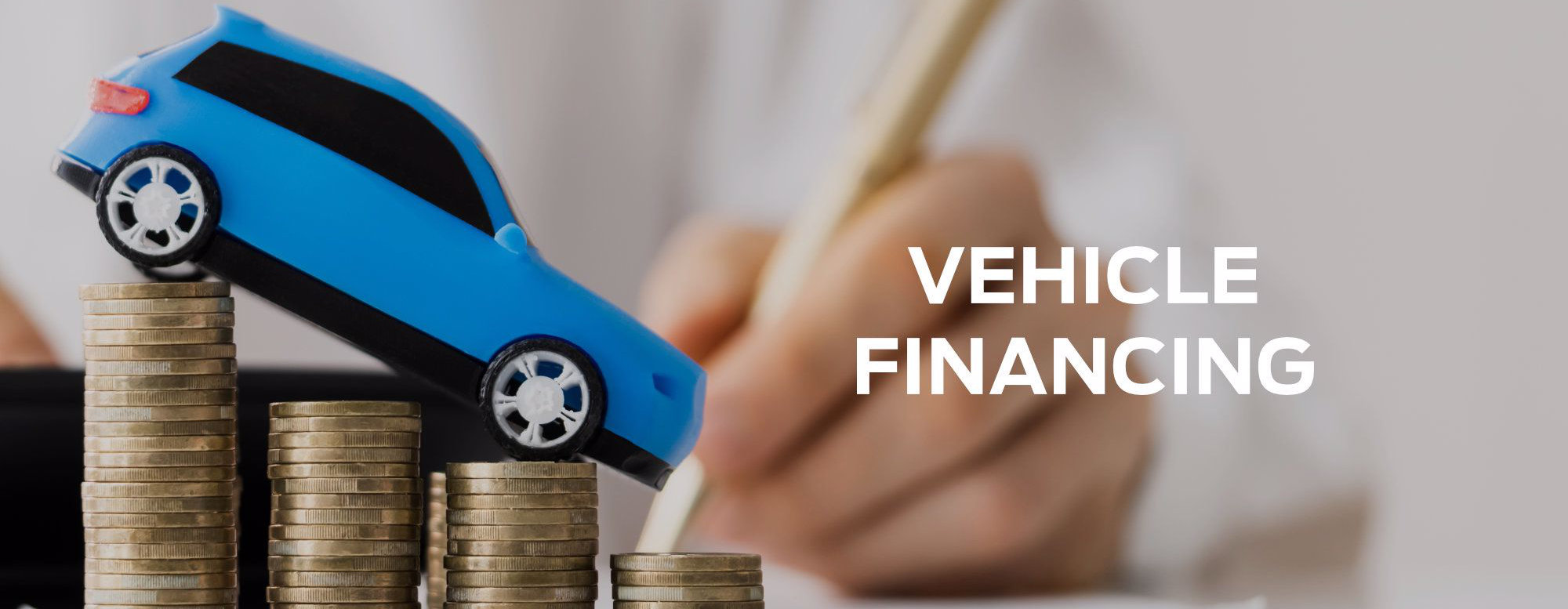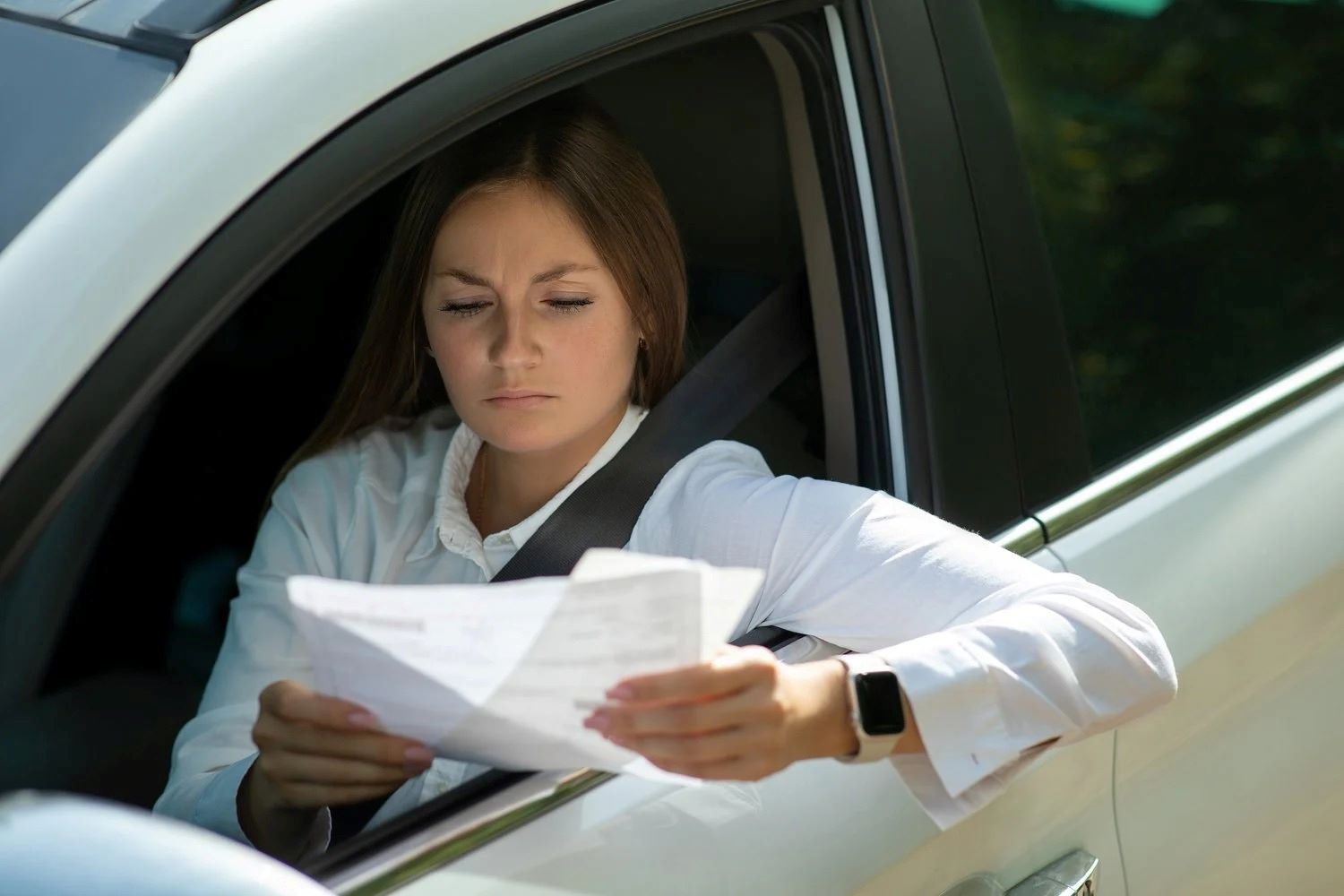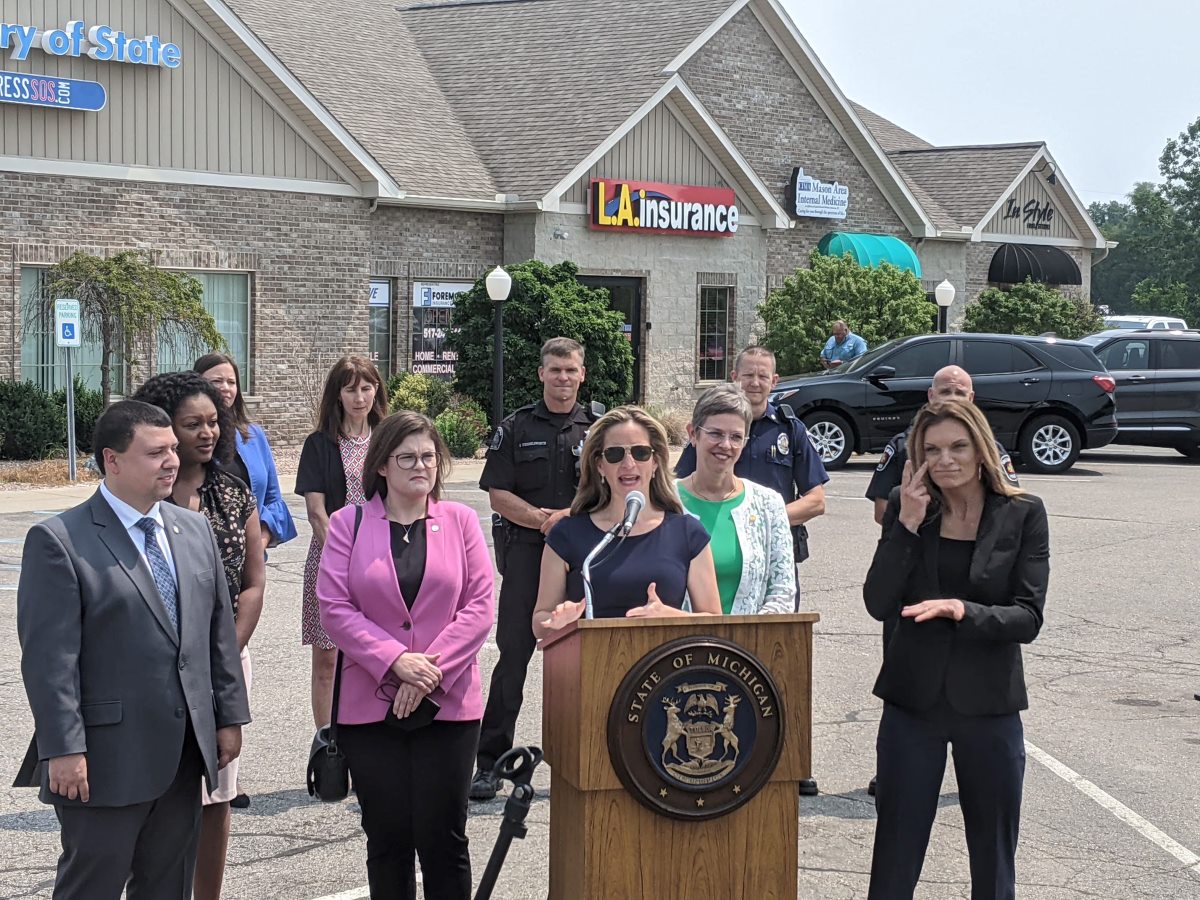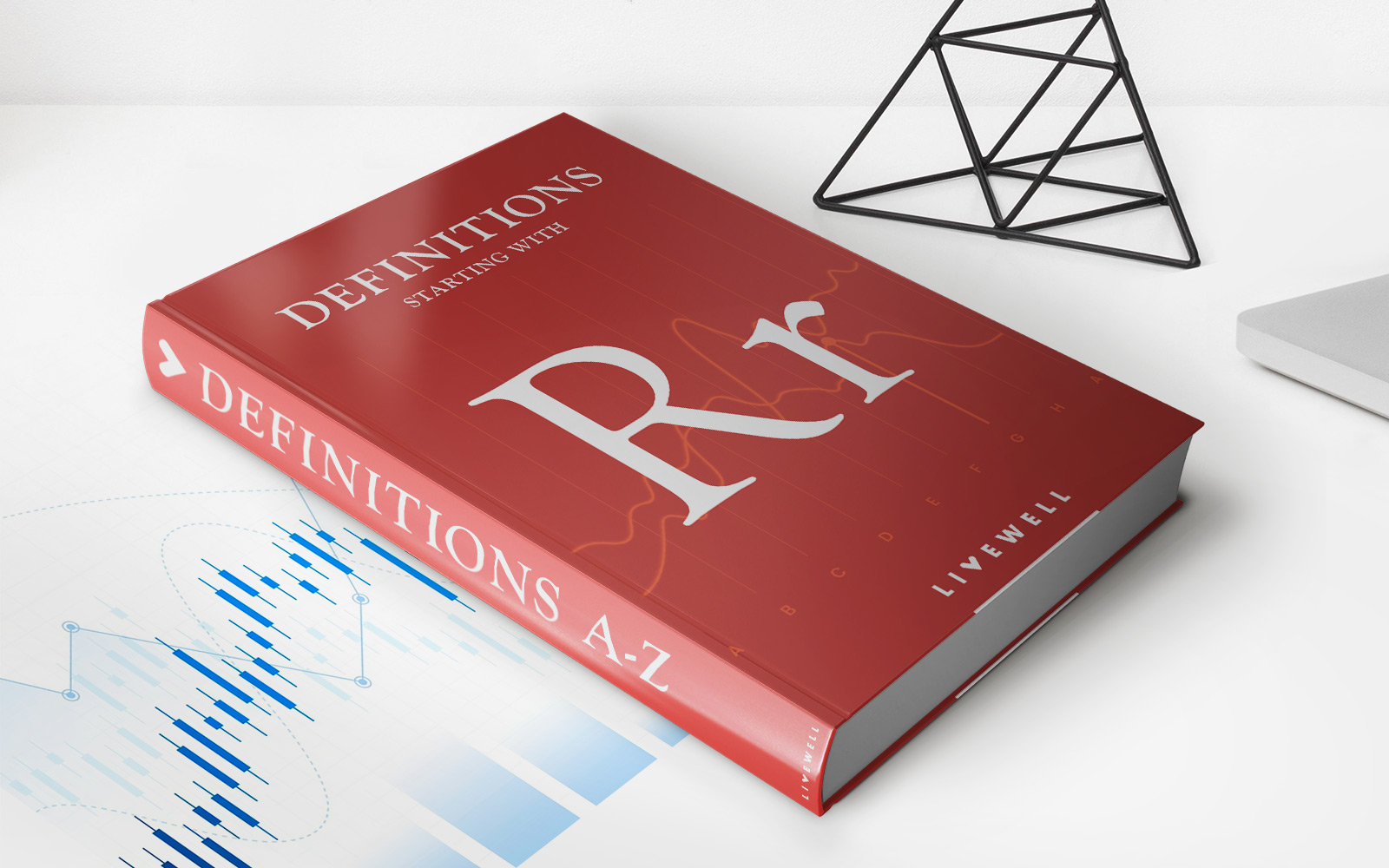

Finance
When To Renew Car Insurance
Published: November 10, 2023
Looking to renew your car insurance? Find out the best time to renew and save money on your finance with our expert tips.
(Many of the links in this article redirect to a specific reviewed product. Your purchase of these products through affiliate links helps to generate commission for LiveWell, at no extra cost. Learn more)
Table of Contents
Introduction
Car insurance plays a crucial role in protecting you and your vehicle from unforeseen circumstances. It offers financial security by covering damages and liabilities resulting from accidents or other incidents. While buying car insurance is mandatory in most jurisdictions, it’s equally important to understand the significance of renewing your policy.
Car insurance renewal is the process of extending your existing insurance policy for another year. It ensures that you stay continuously insured and maintain the necessary coverage to drive legally on the roads. Renewing your car insurance allows you to keep enjoying the benefits and protections provided by your insurance company.
Renewing your car insurance may seem like a routine task, but it is essential to understand the implications of letting your policy lapse. Failure to renew your car insurance can leave you without coverage, putting you at risk of financial burden and legal complications.
In this article, we will explore the importance of car insurance renewal and why it should not be overlooked. We will also discuss the factors to consider before renewing your policy, how to go about the renewal process, and tips for saving money on your car insurance renewal.
By the end of this article, you will have a clear understanding of when and why you should renew your car insurance, ensuring that you remain adequately protected on the road.
Understanding Car Insurance Renewal
Car insurance renewal is the process of extending your existing car insurance policy for another term. When you purchase car insurance, you typically sign up for coverage for a specific period, such as one year. Once that period is over, you need to renew your policy to continue receiving coverage.
During the renewal process, your insurance company will review your policy and may make adjustments to the terms and premium based on various factors. These factors can include your driving history, claims history, changes in the market, and the overall performance of the insurance company.
It’s important to note that car insurance renewal is not automatic and requires your attention and action. Insurance companies usually notify policyholders about the pending renewal, providing details on the renewal process and any changes in terms or premium.
When considering car insurance renewal, it’s crucial to review your policy and assess your coverage needs. Your driving habits, the age and condition of your vehicle, and any changes in your circumstances should all be taken into account. Renewing your car insurance offers an opportunity to ensure that you have adequate coverage and make any necessary adjustments to meet your evolving needs.
By understanding the renewal process and assessing your coverage requirements, you can make informed decisions about your car insurance and ensure that you have the necessary protection while on the road.
Reasons to Renew Car Insurance
Renewing your car insurance is essential for several reasons. Let’s explore some of the key reasons why you should not overlook the importance of renewing your policy:
- Continued Coverage: Renewing your car insurance allows you to maintain continuous coverage without any gaps. A lapsed policy leaves you vulnerable to accidents, damages, and liabilities that may occur during the uninsured period.
- Legal Requirement: In most jurisdictions, having car insurance is a legal requirement. If you let your policy expire or fail to renew it, you risk facing legal consequences, such as fines or even license suspension. Keeping your car insurance active ensures compliance with the law.
- Financial Protection: Car insurance provides financial protection against a range of risks, such as accidents, theft, vandalism, and natural disasters. Renewing your policy ensures that you continue to have the necessary coverage to mitigate potential financial losses.
- Asset Protection: Your car is a valuable asset, and having insurance helps protect it from damages and repairs caused by accidents or other incidents. Renewing your policy ensures that you have the necessary coverage to address any repairs or replacements needed for your vehicle.
- Peace of Mind: Knowing that you have active car insurance provides peace of mind. It eliminates the worry of potential financial burdens and liabilities that can arise from accidents or other unforeseen events on the road.
By renewing your car insurance, you ensure that you have the continued protection and peace of mind that comes with being adequately insured. It allows you to drive confidently, knowing that you are financially protected in case of any unfortunate incidents.
Factors to Consider Before Renewing Car Insurance
Before renewing your car insurance, it’s important to consider several factors to ensure that you are making an informed decision. Taking these factors into account will help you assess your coverage needs and find the best policy for your specific circumstances. Here are some key factors to consider:
- Coverage Level: Evaluate your current coverage and determine if it still meets your needs. Consider factors such as the age and value of your vehicle, your driving habits, and potential risks. Adjust your coverage levels accordingly to ensure that you are adequately protected.
- Premium and Deductible: Assess the premium amount and deductible associated with your car insurance. Compare quotes from different insurers to ensure that you are getting the best value for your money. Consider increasing your deductible to lower your premium if you have the financial capability to cover higher out-of-pocket expenses in the event of a claim.
- Discounts and Benefits: Check for any available discounts or benefits offered by your insurance provider. These can include safe driver discounts, loyalty rewards, or bundled insurance discounts. Assess if you qualify for any of these discounts and take advantage of them to lower your premium.
- Claims Process: Research the claims process of your insurance provider to understand their efficiency and customer service. Look for reviews and feedback from other policyholders to ensure that the claims process is smooth and hassle-free.
- Customer Service: Consider the customer service reputation of the insurance company. Prompt and reliable customer service is crucial, especially during emergencies or when filing a claim.
- Market Comparison: Take the time to compare car insurance policies from different providers. Look for competitive rates, comprehensive coverage, and reliable customer service. Online comparison tools can help simplify the process and provide you with multiple options to choose from.
Considering these factors will help you make an informed decision when renewing your car insurance. It ensures that you have the right level of coverage, affordable premiums, and a reliable insurance provider that takes care of your needs.
How to Renew Car Insurance
The process of renewing your car insurance is relatively straightforward. Here are the general steps to follow when renewing your policy:
- Review Your Policy: Start by reviewing your current car insurance policy. Take note of the coverage, premium amount, deductible, and any additional benefits or discounts you may have.
- Compare Insurance Providers: Consider researching and comparing car insurance providers to ensure that you are getting the best deal. Look for reliable companies with competitive rates, good customer service, and positive reviews.
- Contact Your Insurance Provider: Reach out to your current insurance provider before the renewal date. They will typically send you a renewal notice with details on how to proceed. Contact them to discuss any changes or updates you may need to make to your policy.
- Provide Updated Information: Inform your insurance provider about any changes in your circumstances that may affect your policy. This can include changes in your address, driving habits, or any additional drivers on your policy.
- Review and Customize Coverage: Take the time to reassess your coverage needs. Consider any changes in your vehicle’s value, your driving habits, or additional coverage options you may require. Customize your coverage accordingly to ensure that you have appropriate protection.
- Negotiate and Confirm: If you find a better offer from another insurance provider, negotiate with your current insurer to match or improve the terms. Once you are satisfied with the terms and premium, confirm your renewal with your chosen insurance provider.
- Make Payment: Pay the premium amount for the renewed car insurance policy. You can choose to pay in full or opt for installment payments, depending on the options provided by your insurance provider.
- Receive Policy Documents: After making the payment, you will receive the renewed policy documents. Review them carefully to ensure that all details and coverage are accurate.
- Keep Records: Keep a copy of your renewed car insurance policy documents in a safe place. It is essential to have easy access to these documents in case of any future claims or inquiries.
Remember to initiate the renewal process well before your current policy expires. This will give you ample time to explore options, compare quotes, and make an informed decision regarding your car insurance renewal.
The Consequences of Not Renewing Car Insurance
Not renewing your car insurance can have significant consequences that can impact your financial security, legal compliance, and overall peace of mind. Here are some potential consequences of letting your car insurance lapse:
- Legal Penalties: In most jurisdictions, driving without valid car insurance is illegal. If you let your car insurance expire or fail to renew it, you may face legal penalties, such as fines, license suspension, or even vehicle impoundment.
- Financial Liability: Without car insurance, you become personally responsible for any damages or injuries caused in an accident. Repairing your own vehicle and covering medical expenses can lead to significant financial burden.
- No Coverage for Loss or Damage: Insurance provides protection against various risks, including accidents, theft, vandalism, or natural disasters. Without valid coverage, you will have to bear the entire cost of repairs or replacements yourself.
- Loss of No-Claim Bonus: Many car insurance policies offer no-claim bonuses as a reward for not making any claims during the coverage period. If you let your policy lapse, you may lose the accumulated no-claim bonus, resulting in higher premiums when you decide to reinstate your insurance in the future.
- Difficulty in Obtaining Future Coverage: If you have a history of insurance lapses, it may become challenging to secure affordable car insurance in the future. Insurance companies often consider gaps in coverage as an increased risk, resulting in higher premiums or even denial of coverage.
- Missed Benefits and Protections: Car insurance provides various benefits and protections, such as roadside assistance, coverage for rental vehicles, or reimbursement for medical expenses. Not renewing your insurance means missing out on these valuable benefits when you may need them the most.
It is crucial to understand the consequences of not renewing your car insurance and the potential risks involved. Maintaining continuous coverage not only keeps you legally compliant but also provides the necessary financial protection and peace of mind while on the road.
Tips for Saving Money on Car Insurance Renewal
Car insurance renewal doesn’t have to be a financial burden. With a little effort and consideration, you can take steps to save money on your car insurance premium while still maintaining adequate coverage. Here are some tips to help you reduce your car insurance costs:
- Shop Around: Don’t renew your car insurance without comparing quotes from different providers. Different companies offer varying rates and discounts, so take the time to explore your options and find the best deal.
- Bundle Policies: Consider bundling your car insurance with other insurance policies, such as home or renters insurance, from the same provider. Many insurance companies offer discounts for bundling, resulting in overall savings.
- Consider Higher Deductibles: Opting for a higher deductible means you’ll pay a larger amount out of pocket in the event of a claim, but it can significantly lower your premium. Assess your financial situation and choose a deductible that you can comfortably afford.
- Take Advantage of Discounts: Insurance companies offer various discounts based on factors such as your driving record, safety features in your vehicle, or participation in defensive driving courses. Inquire about available discounts and ensure that you take advantage of any that you qualify for.
- Improve Your Credit Score: Maintaining a good credit score can potentially lower your car insurance premium. Insurance companies often consider credit scores when determining rates, so focus on improving and maintaining a healthy credit score.
- Drive Safely: Being a safe driver not only lowers the risk of accidents but can also lead to lower insurance premiums. Avoid traffic violations and accidents to maintain a clean driving record, which insurance companies reward with lower rates.
- Consider Usage-Based Insurance: Some insurance providers now offer usage-based insurance, where your premium is based on your actual driving habits. If you are a low-mileage driver or have safe driving habits, this could result in significant savings.
- Review Your Coverage Needs: Carefully assess your coverage needs before renewing your car insurance. If your vehicle’s value has decreased or you no longer require certain coverage options, adjusting your coverage to reflect your needs can help lower your premium.
- Maintain a Good Relationship with Your Insurance Company: Being a loyal customer and maintaining a good relationship with your insurance company can sometimes result in loyalty rewards and discounted rates. Inquire with your provider about any loyalty programs they offer.
- Take Driver Safety Courses: Completing a driver safety course can often qualify you for a discount on your car insurance premium. Check with your insurance company to see if they offer any discounts for completing recognized driving courses.
By implementing these tips, you can potentially save money on your car insurance renewal while still ensuring that you have the coverage you need. Remember to review your policy annually and reassess your coverage requirements to ensure you are getting the best value for your money.
Conclusion
Renewing your car insurance is a crucial step in maintaining financial security and complying with legal requirements. By renewing your policy, you ensure that you have continued coverage, protecting yourself and your vehicle from potential risks and liabilities. Additionally, renewing your car insurance offers an opportunity to reassess your coverage needs, compare options from different providers, and potentially save money on your premium.
Before renewing your car insurance, take the time to review your policy, consider factors such as coverage levels, premiums, and deductibles, and explore any discounts or benefits that may be available to you. Shop around and compare quotes from different insurance providers to ensure that you are getting the best deal. Assess your driving habits and vehicle usage to determine if usage-based insurance or additional driver safety courses could lower your premium. Lastly, maintain a good relationship with your insurance company and regularly review your coverage to ensure it aligns with your changing needs.
Remember, allowing your car insurance to lapse can have serious consequences, including legal penalties, financial liability, and loss of coverage for loss or damage. By prioritizing the renewal of your car insurance policy, you can drive with peace of mind, knowing that you have the necessary protection in case of any unforeseen events on the road.
So, when the time for car insurance renewal comes around, be proactive, evaluate your options, and make an informed decision that ensures both financial security and comprehensive coverage for your vehicle. Take advantage of the tips provided in this article to save money on your premium while maintaining adequate protection.














